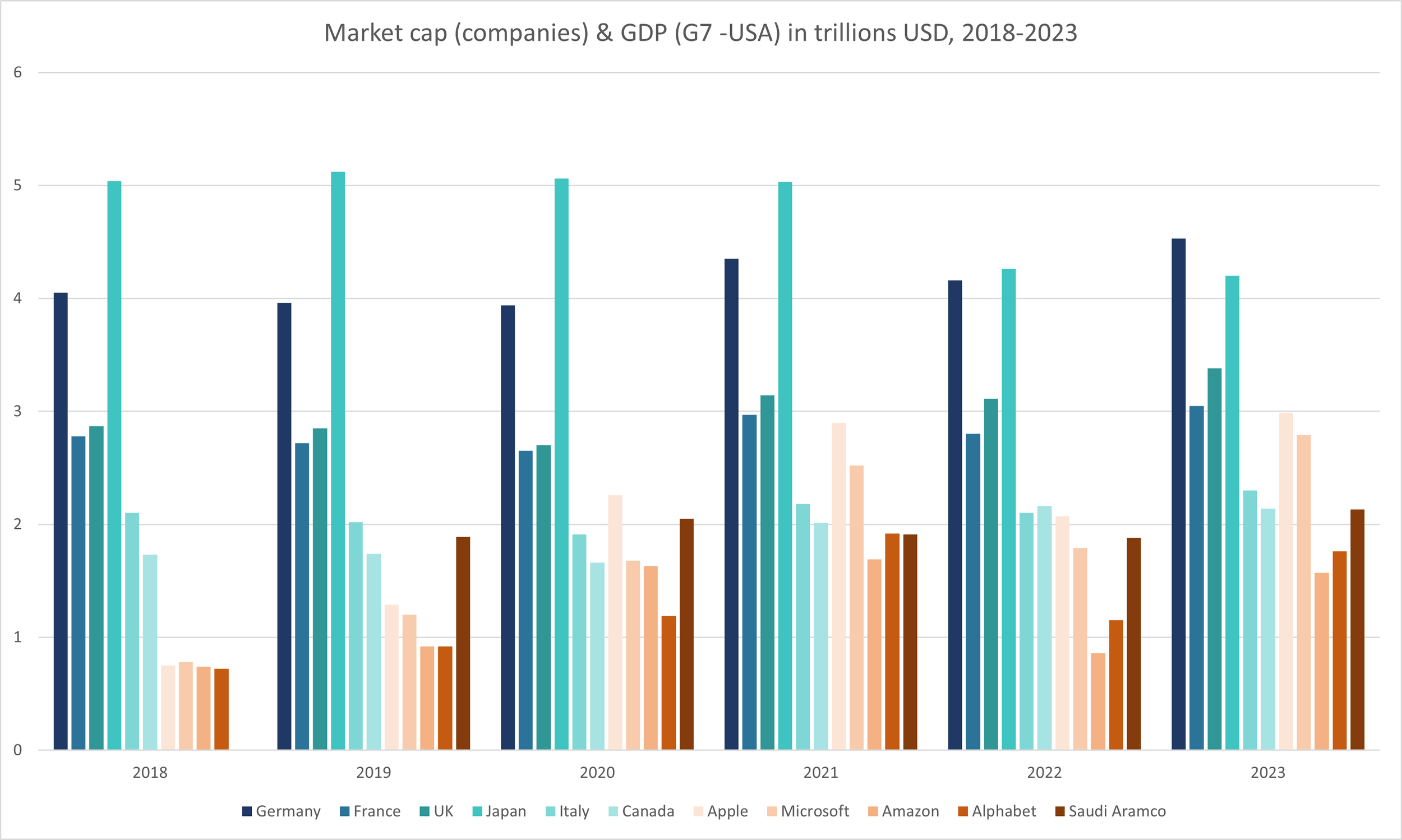"When Does A Country Stop Being A Country?"
The German Chancellor has asked his country's voters today to not let the social media giants determine the outcome of the upcoming German elections.
Screenshot of Chancellor Scholz’s New Years address: The Associated Press.
I've started thinking recently that we've taken the power of the nation-state for granted as supreme. Conversations about corruption and the effectiveness of governments and all that aside, a democratic nation-state is the de facto authority of a large, fixed region and it more or less governs within the confines of what its constituents think is appropriate. This is a likeable idea... but it's also not at all the default geopolitical structure (after all, the nation-state is a relatively new concept: a few hundred years old at most). I have a foreboding hunch that, within our lifetimes and barring major historical shocks which surely await us (climate crisis), we'll see the power of the nation-state superceded by the power of the multinational corporation.
You could argue that, economically, this has already happened: the market caps of the world's largest companies (e.g., Apple: $3.8T, Microsoft: $3.16T) are boxing in the same class as G7 nations in terms of GDP (France: $3.17T, Italy: $2.38T, UK: $3.59T).
Graph of the gross domestic product of G7 nations (minus the USA) and market caps (at end of year) of five of the largest companies, 2018 - 2023. Countries are in blue/teal; companies are in red/brown
But power is more than economics.
I don't know what power 𝐢𝐬 and I'll leave that to people who get paid more than I do to argue, but I do know that this is important because corporations are not democratic machines of government fixed to one place: they're profit-maximizing machines of exploitation and extraction which have the ability to exert influence across the planet. They do not act for the common good, nor do they have reliable constitutions. In fact, they can and often do buy their way around the rules of law to which they're 𝘴𝘶𝘱𝘱𝘰𝘴𝘦𝘥𝘭𝘺 beholden. See: the EU fining Google & Meta for market abuse, the sums of which were eye-watering for any lone person but no more than a mosquito bite for the mega-firms. Let's not even talk about Shell and its permanent devastation of Nigeria: that warrants its own, very long book.
And, yeah, powerful companies have been powerful for a long time, and they've always meddled in politics. Sure. But specifically eerie in this digital age are the firms that write algorithms which shape what news, music, and information is fed to huge swathes of the population: it tells us, whether we realize it or not, who to elect into our governments and what to believe about big problems with vested interests like the climate crisis. Keeping in mind that global reach, the opacity of their algorithms is explainable from an IP-law point of view, but when the German Chancellor is brought to make such an objectively ridiculous plea - which, taken another way, is asking the German people to not let foreign influences on a foreign platform affect their choices in domestic politics - it makes me wonder if we've irredeemably lost the plot.
The title of this post is taken from one of the track titles off of the Battlefield 2042 soundtrack; a game which is set in a future where a Kessler-level event (an actual probability of a chain reaction of satellite collisions which will leave low-Earth orbit unusable for communications, navigation, defense, etc.) sparks the collapse of national powers and global order.

